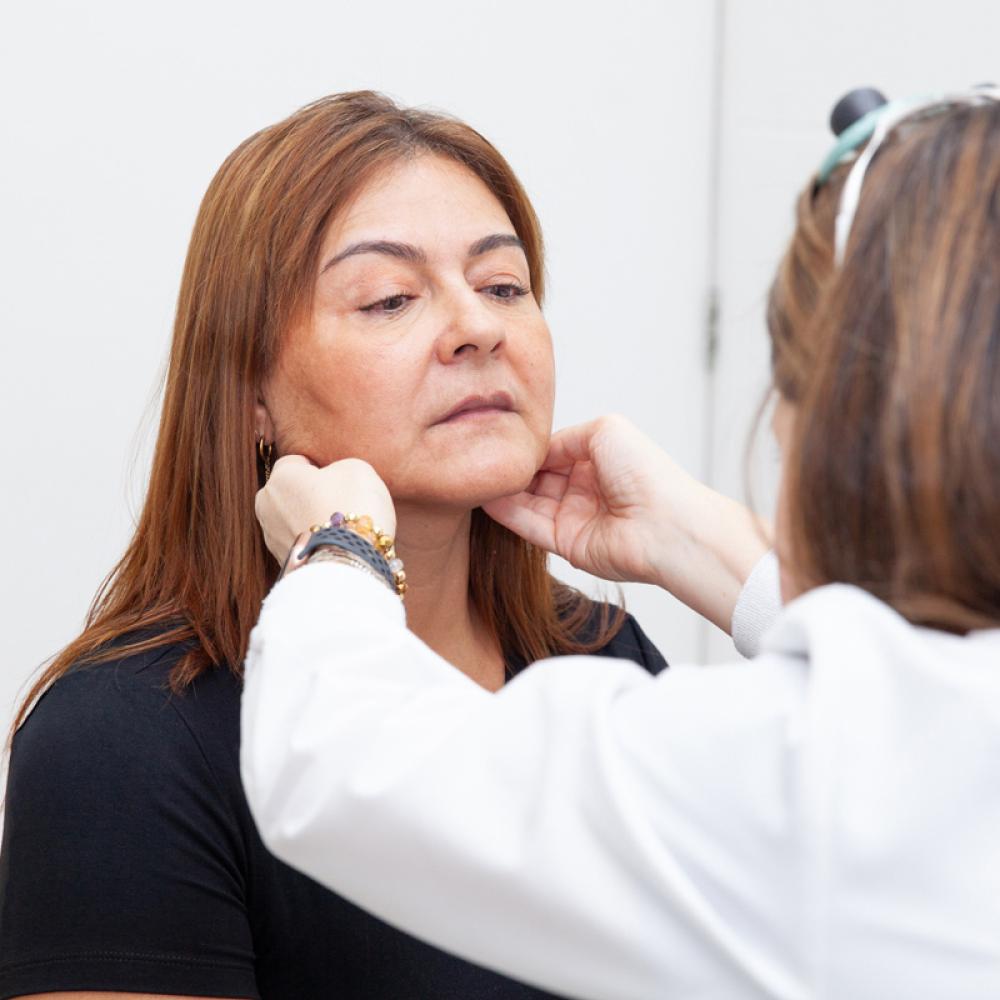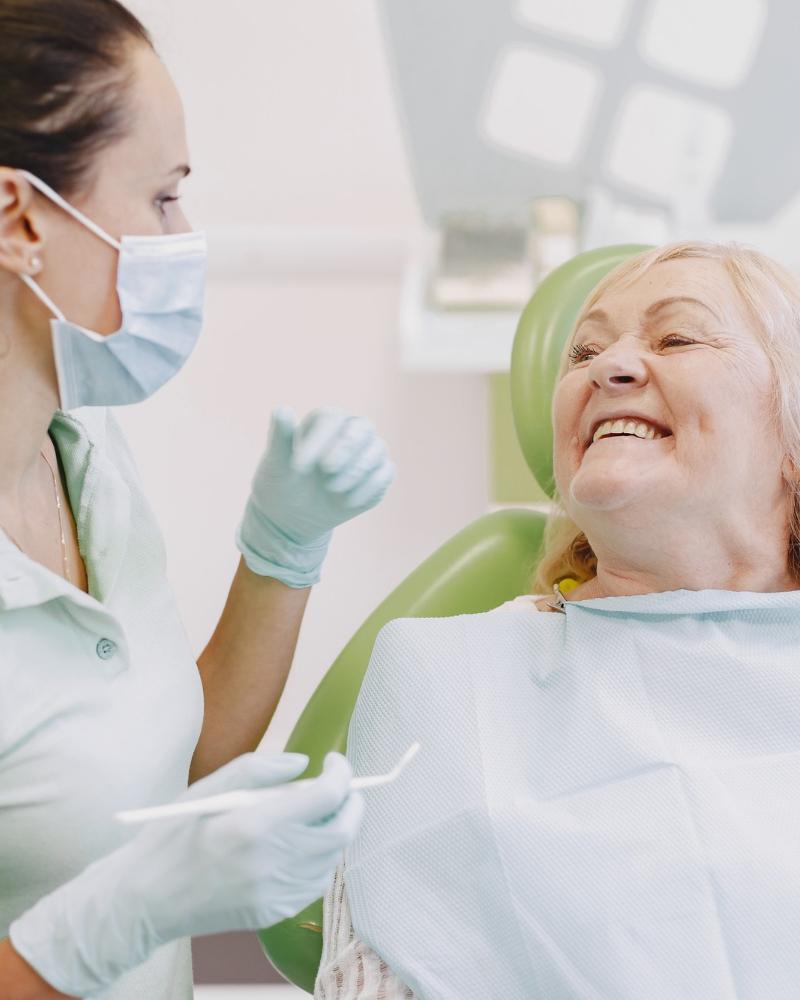
Overview
Most people are surprised to learn that one North American dies every hour from oral cancer; a death rate that has remained virtually unchanged for more than 40 years.
Oral cancer is a disease resulting from abnormal cell growth in the mouth, lips, tongue or throat. In 2003, an estimated 3,100 new cases were identified in Canada and about 1090 deaths as a result of this disease.
People over the age of 45 are most at risk. The good news is that oral cancer can be treated successfully if caught early enough.
Oral Cancer
Oral cancer is far too often discovered in the late stages of development, the primary reason for the consistently high date rate. Oral cancer treatment often results in disfiguring effects on patients and can seriously compromise their quality of life. Early detection and diagnosis can make a tremendous difference in life expectancy; oral cancer is 90% curable when found in the early stages. Unfortunately, 70% of oral cancers are diagnosed in the late stages, III and IV, leading to a five-year survival rate of 57%.
Importance of Early Detection
Early detection is the key to reducing the devastating impact of oral cancer on victims and their families. Annual oral cancer screening of patients at increased risk for oral cancer, such as patients 18 years of age and olders and tobacco users of any age, is the only way to achieve the early detection of oral cancer necessary to reduce the death rate of oral cancer.
Dr. Xiang and his hygienists have the skill and training to detect the early signs of the disease and can help you understand your risks.
Signs and Symptoms
- White or dark red patches in your mouth, or on your lips or tongue
- Lumps or changes in the texture or colour of your mouth tissues
- Bleeding or numbness in the mouth; sores or patches that do not heal
- Difficulty swallowing; changes in taste or tongue sensation
Diagnosis and Treatment
Treatment depends on the severity and location of the disease, as well as the age and health of the patient. If oral cancer is suspected:
- A biopsy of the suspicious area may be performed
- Imaging tests such as x-rays, ultrasounds, CT scans or MRIs may be necessary
- Chemotherapy, radiation therapy or surgery may be necessary to treat the tumour(s)
Prevention
To help prevent oral cancer:
- Have regular dental exams which should include oral cancer screenings
- Stop using tobacco products – ask your dentist about tools to help you quit
- Limit alcohol consumption
- Limit sun exposure and use UV protective lip balms
- Eat a healthy diet with lots of fruits and vegetables
- Check your mouth regularly for signs or symptoms and report any changes in your mouth to your dentist immediately
- Practice good oral hygiene

